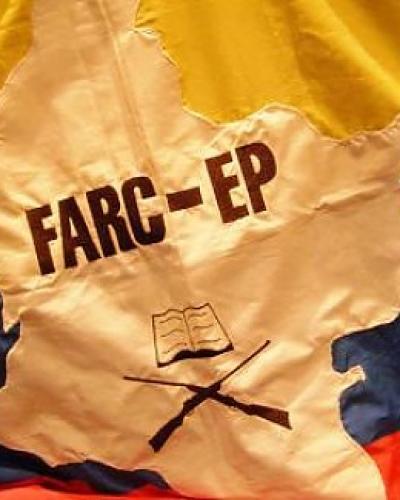Bogota, January 24 (RHC)-- The Revolutionary Armed Forces of Colombia, known as the FARC, has announced that the group's new political party will be up and running as of May as an open, democratic and modern movement that will welcome all those who want a positive change for Colombia.
The announcement comes after President Juan Manuel Santos and top FARC leader Rodrigo Londoño, also known as Timoleon Jimenez or Timochenko, signed a landmark peace agreement on November 24, pledging an end to over half a century of internal armed conflict. One of the cornerstones of the deal, negotiated over four years in Havana, were measures for the FARC to lay down its arms and become a legal party that participates in elections.
The FARC rebels, now in the phase of demobilization, said they have extended the organization's leadership from 23 to 61 members as it prepares to transition into a legally sanctioned movement.
During a press conference, FARC lead peace negotiator Ivan Marquez said the group will work on the founding of the party in May and that its basis will be agreed upon in assemblies with the rest of the FARC members. The news comes after the FARC held a general assembly in the plains of Yari in southern Colombia aimed at setting an agenda and roadmap for the group's impending transformation. The transition to reorganizing as a political party will take place once the process of disarmament has finished.
According to Marquez, other topics discussed at the meeting in Yari were the basic guidelines of the transitional government proposed by the FARC, which rebels argue will guarantee the implementation of the peace agreements reached in Havana.
The group also discussed reparations for damages caused to the victims of the internal armed conflict, another one of the main pillars of the peace agreement that ended the longest-running civil war in the hemisphere.
Marquez said the movement had selected 60 FARC members to travel around the country to lead a popular education program to inform communities about the agreements reached with the government, as well as 10 other leaders to carry out the same task in the transition zones where FARC rebels are gathering to hand over their weapons and return to civilian life.
Colombia's 52-year civil war claimed the lives of over a quarter of a million people and victimized over 7 million more.


